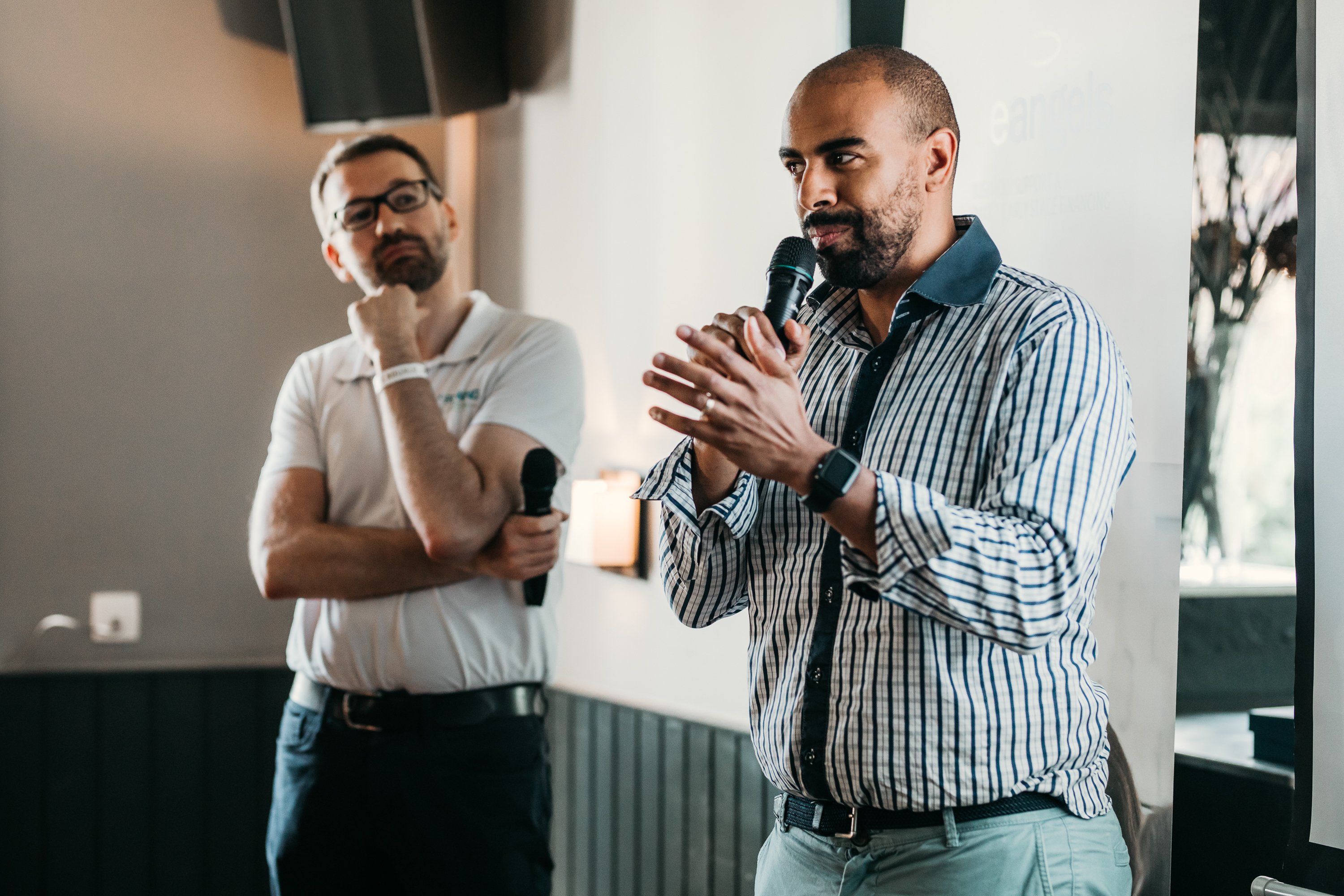Imagine that you have been selected to present your project to business angels. What happens once the pitch is over? How do the negotiations with investors proceed? What is the estimated delay between the investment pledge and the formal signature before a notary? See below for a fuller explanation.
My pitch to investors is over. What happens next?
Once the pitch has been presented, it is important to remain available for the investors. Stay and network with them, reply to any questions they may have and be proactive if they do not approach you spontaneously. This will be an initial opportunity to enter into discussion and inspire investors to take the matter further. As far as possible, do not hesitate to display your products. If you are producing edible goods for example, arranging a tasting session.
How do the negotiations with investors proceed?
At BeAngels, our network provides entrepreneurs and investors with a contact who is assigned as the Deal maker. This contact can be considered as a negotiation facilitator, with a neutral positioning between both parties. The Deal maker’s role is to organise meetings, as well as structure the deal and reply to any questions which may arise. This contact provides a real advantage in leading discussions and maintaining the tempo. The quicker the funding round is closed, the sooner the CEO can fully refocus 100% on the business.
One or more investors wish to invest. How does the investment process proceed?
If investors still intend to invest after the initial round of meetings with entrepreneurs, firstly a term sheet has to be drawn up. The term sheet is a document which covers the planned investment terms & conditions. It can be compared with an initial draft of the shareholders’ agreement. Once the document is signed by the shareholders, the entrepreneurs produce a draft notarial deed which must be submitted to a notary. Note that the investors’ funds must be placed in an escrow account, prior to the meeting at the notary’s office. Once this has been done, the notary can sign-off the deal and the bank can transfer the funds into the startup account.
How long does the whole process take?
A fund-raising process generally takes 3 - 6 months, from the dossier being submitted until the funds are received. You have to be aware however that the process is highly time consuming and requires a great deal of energy. You have to prepare your pitch and maintain ongoing discussions with investors, which is why it is vital to accurately estimate your funding needs. It would be a shame to have to organise a fresh funding round shortly after the first one.
